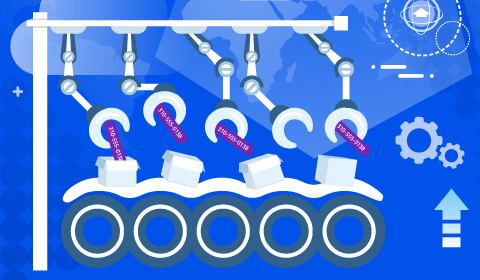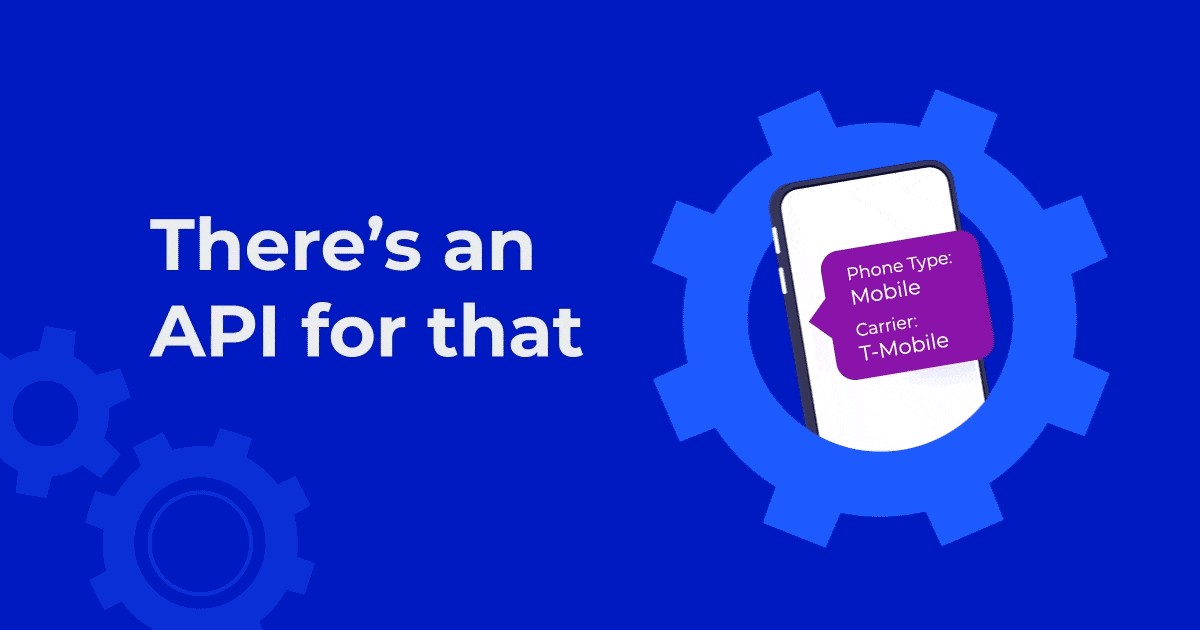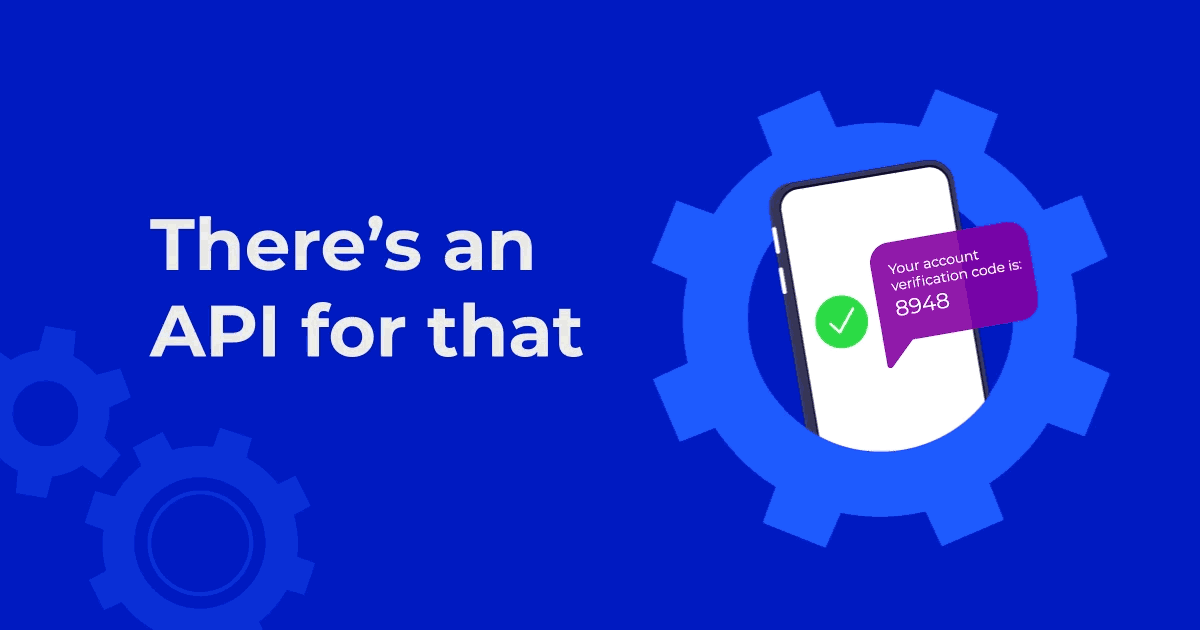
Businesses that utilize SMS and voice APIs to send communications to their customers are already aware of the many benefits of offering up these channels for enhanced digital experiences. In a few lines of code, messages can be sent from applications to mobile devices in the hands of anyone in the world. Companies that choose Telesign for these services can do so without the need to purchase virtual phone numbers. Our shared and pre-approved Sender and Caller IDs (the numbers shown on a handset when it displays a message or call) don’t require any additional fees and make set-up fast and easy. However, we certainly see the value in choosing to use dedicated, custom Sender and Caller IDs as well.
Here are three primary reasons a business would want to utilize dedicated virtual numbers for their customer communications:
- To maintain brand consistency – Businesses can send SMS or voice messages from a familiar, consistent identifying number that helps their brand stand out.
- To create a localized customer experience – Virtual numbers that use the same country code as your customers deliver a localized customer experience. Displaying a familiar area code to your customers also leads to a greater chance of the message being opened, read and interacted with.
- To enable two-way communications – Open up inbound communications from customers and users by providing them with a dedicated number to send messages to and receive information and support from.
Table of Contents
Why Telesign?
Telesign’s phone numbers are purchased and provisioned instantly through the Telesign platform. With a comprehensive inventory of available numbers in 88 countries, we provide a pool of both short and long codes to choose from, enabling reach in the most targeted markets.
As a Mobile Network Operator (MNO), we are experts in understanding the compliance complexities of sending SMS and voice globally. Our compliance team is well-versed in the various market nuances and country regulations. Our clients leverage this expertise to follow industry best practices and manage successful global communications programs.
What Are the Different Types of Dedicated Numbers Available?
Dedicated Long Codes
Long codes are sender IDs made up of digits only, ranging between 8 and 15 characters in length. These phone numbers enable businesses to send and receive SMS text messages or voice-based calls from anywhere in the world.
Dedicated Short Codes
Short codes, or short numbers, are short digit sequences, significantly shorter than telephone numbers, that are used to send and receive SMS. Short codes are made up of digits only, ranging between 3 and 8 characters in length.
Dedicated numbers are highly recommended for customers sending one-off messages to databases larger than 500 contacts and for regularly scheduled campaigns to databases of all sizes.
Interested in buying Telesign dedicated numbers? Purchase is easy through our self-service portal or by contacting your Sales representative or Technical Account Manager.
FRAUD ALERT – Selling Phone Numbers for Fraud
Did you know? Fraudsters and scammers can go to the web and find easily attainable phone numbers that can be used for phone verification of online accounts. These phone numbers can be acquired for free or a small fee and without providing correct personal details to the issuer, thus masking the real identity of a consumer. This exposes businesses to risk as there is no way to determine the validity of a user based on these types of virtual numbers. Well, unless businesses use Telesign for their phone verification.
Not only do we not sell phone numbers for this use case, we also proactively keep track of these types of phone numbers as they are often associated with fraud. Our team collects and maintains a list of potentially fraudulent phone numbers for our customers and we crosscheck against that list when providing a risk score evaluation. To date we have added 1.2 million numbers to our fraud consortium database.


